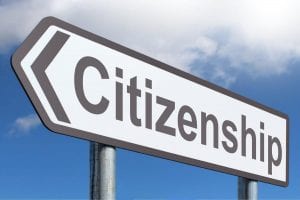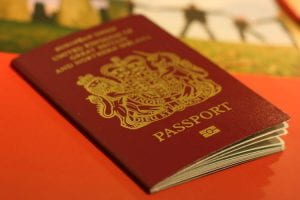By Dr Devyani Prabhat, Reader in Law (University of Bristol Law School)
 Sajiv Javid’s decision to revoke the citizenship of Shamima Begum, the 19-year-old from Bethnal Green who left to join Islamic State in 2015, has been met with mixed reaction. While some supported the home secretary’s decision, others have expressed concern about its implications.
Sajiv Javid’s decision to revoke the citizenship of Shamima Begum, the 19-year-old from Bethnal Green who left to join Islamic State in 2015, has been met with mixed reaction. While some supported the home secretary’s decision, others have expressed concern about its implications.
In these debates, there is much confusion about what cancellation of citizenship entails: whether this is just the cancellation of Begum’s passport, whether she is becoming stateless or whether she could be sent to Bangladesh because she comes from a family of Bangladeshi heritage.
In reality, cancellation of British citizenship means people can be left in limbo in war zones because they lose the right to re-enter the UK and to receive any diplomatic protection.
Begum’s case, while high profile, is not unique, and in 2017, there was a large spike in cases and the citizenship of 104 people was revoked on grounds where it was deemed “conducive to the public good”. (more…)



